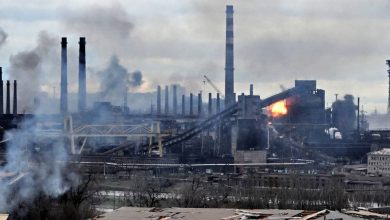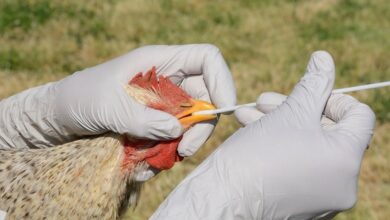Losing weight after exercise: What does the afterburn effect bring?
Intensive training ensures that the calorie requirement remains high after exercise.

What happens and how the effect can be prolonged.
Sport makes the metabolism work at full speed – we notice that when we sweat, explains fitness expert Prof. Dr. Ingo Froboese, Professor for Prevention and Rehabilitation in Sport at the German Sport University in Cologne.
But even after exercise, body temperature, heart rate, and oxygen uptake are elevated, and it takes time for the body to return to normal.
The more intense the sports unit, the higher the consumption
That is why people have an increased calorie requirement even after exercise. This effect is called the afterburn effect.
How high the calorie requirement is after exercise depends on the activity. You can remember: the more intense the unit, the longer the body is busy regenerating and the longer it uses energy.
Post-exercise nutrition also plays a role
So if you want to use the afterburn effect effectively, you should step on the gas during training, preferably during high-intensity training. Post-exercise nutrition can also have an impact on the afterburn effect.
The energy depots are best replenished with carbohydrates and proteins. This is the fastest way for the body to regenerate.
After training you should eat
When it comes to losing weight, you should consume more protein than carbohydrates. Because carbohydrates can shorten the afterburn effect. “Protein is a good source of energy: it promotes the metabolism and supports all the important processes of building up and breaking down,” says Prof. Dr. Ingo Frobose.
Not eating at all after a workout is not a good idea. In this case, the muscle proteins could be used as a source of energy, thereby reducing performance over the long term.
Hypothyroidism – Tips for nutrition
Scarlet fever is so contagious
Experts recommend not drinking alcohol in the heat




